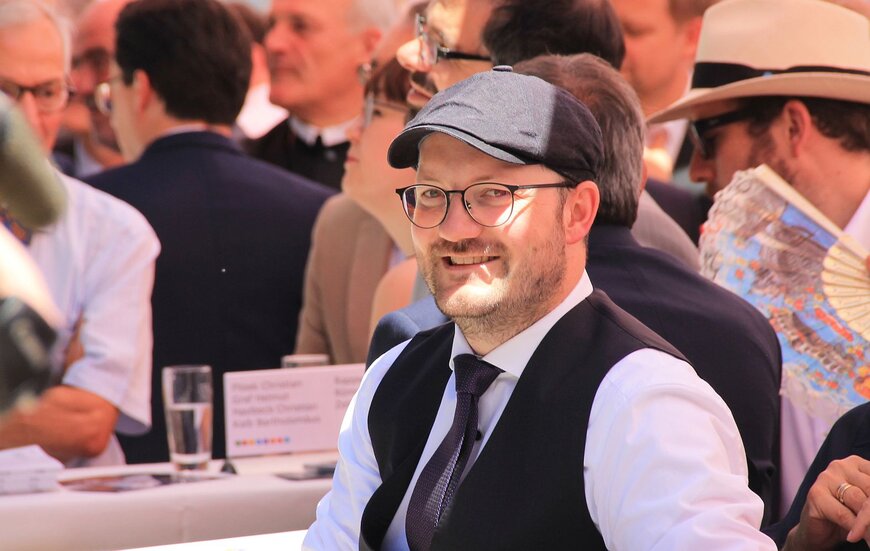
Collaborative teaching project with Spanish university
Successful collaborative teaching project with Spanish university
20.7.2021 | DIT Public Relations
Under the leadership of Prof. Dr. Thomas Spittler, the European Campus Rottal-Inn (ECRI) is breaking new ground in virtual teaching formats together with the Catalan University of Vic (UVic) in Spain.
Together with Juan Antonio De Los Cobos and Montse Romera Mas from UVic, Prof. Dr. Thomas Spittler and Anna Schmaus-Klughammer, LLB (hons.) from ECRI conducted a teaching project on e-health with students from Spain, Deggendorf and Pfarrkirchen. A total of 30 students from Nursing and Physiotherapy and Health Informatics took part in the project from home.
At the beginning, all relevant contents on e-health, serious games and gamification, law and ethics as well as robots in nursing were gone through. Afterwards, the students were given a concrete task to apply the knowledge they had learned in practice. In six internationally mixed teams, each consisting of equal numbers of students from Spain, Deggendorf and Pfarrkirchen, the students were to implement the use of gamification in a concrete example. The task was to support a patient with a new hip joint, who had to reactivate his motor skills after surgery, in his rehabilitation by playing games. For this, the students had to research to find out which measures are recommended after such an operation. Based on this, they had to find solutions on how to advance recovery with the help of gamification or a concrete game. Legal aspects and the question of whether results that the patient achieves in the game should also be recorded in the patient's electronic medical record and whether this makes sense or not were also important.
The students developed a wide variety of ideas and rehabilitation games during the project. For example, a virtual pet was created whose state of health adapts to that of the patient. If he achieves good results during the exercises because his condition improves, the virtual pet is also healthy and happy. If the patient regresses, the pet also shows a deterioration in health. Other ideas included the integration of artificial intelligence to optimise exercise progress and thus help the patient recover more quickly, but also the use of virtual reality elements and even a connection between the exercise bike and an app.
The positive feedback from students and teachers as well as the excellent international virtual collaboration rounded off the collaborative teaching project. With the success of the first collaboration in mind, the participants are already planning the next joint project.
Bild (DIT / ECRI): Prof. Dr. Thomas Spittler is satisfied with the collaborative teaching project and is looking forward to the next project of this kind.